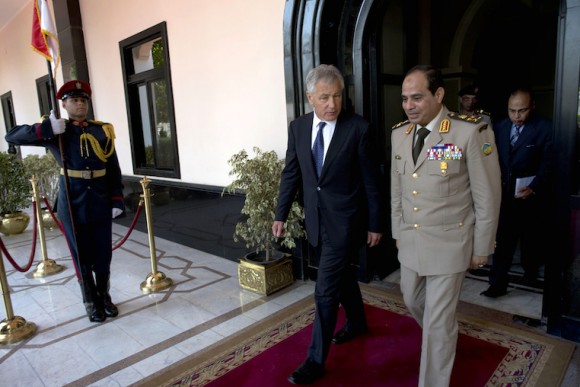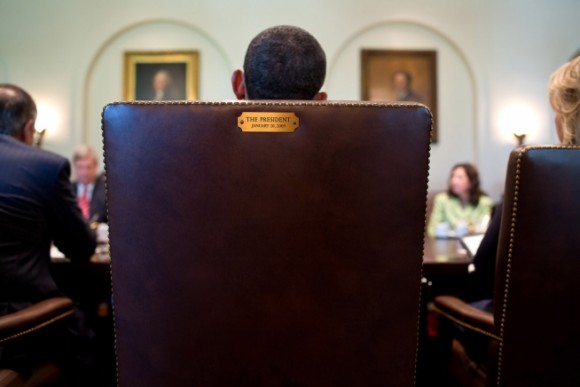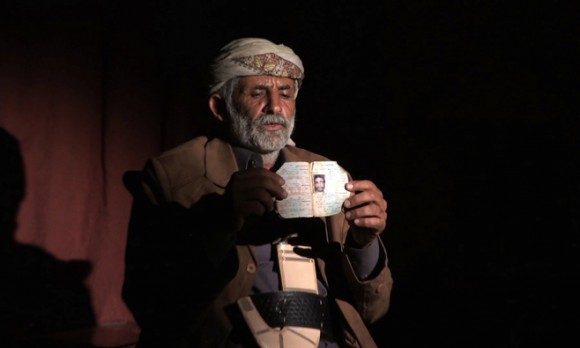In yet another definitive piece for the New Yorker titled What We Left Behind, Dexter Filkins writes about Iraq today, especially Prime Minister Nuri al-Maliki, who the United States helped install. Many Americans blame Iraqis for killing their fellow citizens simply because they’re of a different sect of Islam. But we need to remember: besides perpetrating a huge amount of the violence ourselves, by invading Iraq the United States effectively freed an evil genie – excuse any cultural insensitivity the metaphor may conjure up – out of its bottle. When it subsequently rampaged across the land wreaking death and destruction, the United States took little responsibility for catching it and stuffing it back in.
The best that can be said for the United States is that when it left Iraq, the murderous sectarian strife between the Sunnis and Shiites had lowered in intensity. But Shiites have been protesting against Maliki’s Shiite government and he has responded with a heavy hand that has sparked violence on a scale that harkens back to the worst of when the U.S. was still there. Filkins writes:
When Maliki became Prime Minister, some Iraqis hoped that he might help unify the country. He brought members of parliament into his coalition by promising to reach out to Sunnis and Kurds. But, far more often, Maliki used his position to continue the war for the Shiites, fighting what he sees as an irreconcilable group of Sunni revanchists.
Here’s an example of the resurgence in violence and how Maliki deals with dissidents. In 2011, shortly after the Americans left, he sent in troops to clear protesters from Ramadi.
Anbar Province erupted, along with the rest of Sunni Iraq, and the violence has not ceased. A wave of car bombers and suicide bombers struck Baghdad; in January, more than a thousand Iraqi civilians died, the overwhelming majority of them Shiites, making it one of the bloodiest months since the height of the American war. In the effort to put down the upheaval, Maliki ringed the province’s two largest cities, Falluja and Ramadi, with artillery and began shelling.
Another example:
[Maliki’s] government responded savagely to the new round of protests. In April [of this year], after a soldier was killed in the Sunni town of Hawija, troops attacked an encampment of protesters there, killing at least forty-four people. In a televised speech, Maliki warned of a “sectarian war,” and blamed the violence on “remnants of the Baath Party.” Hundreds of Iraqis, most of them Sunni civilians, were killed as the crackdown continued.
Continue reading “Maliki: One of the Wrongest Horses the US Ever Backed”







